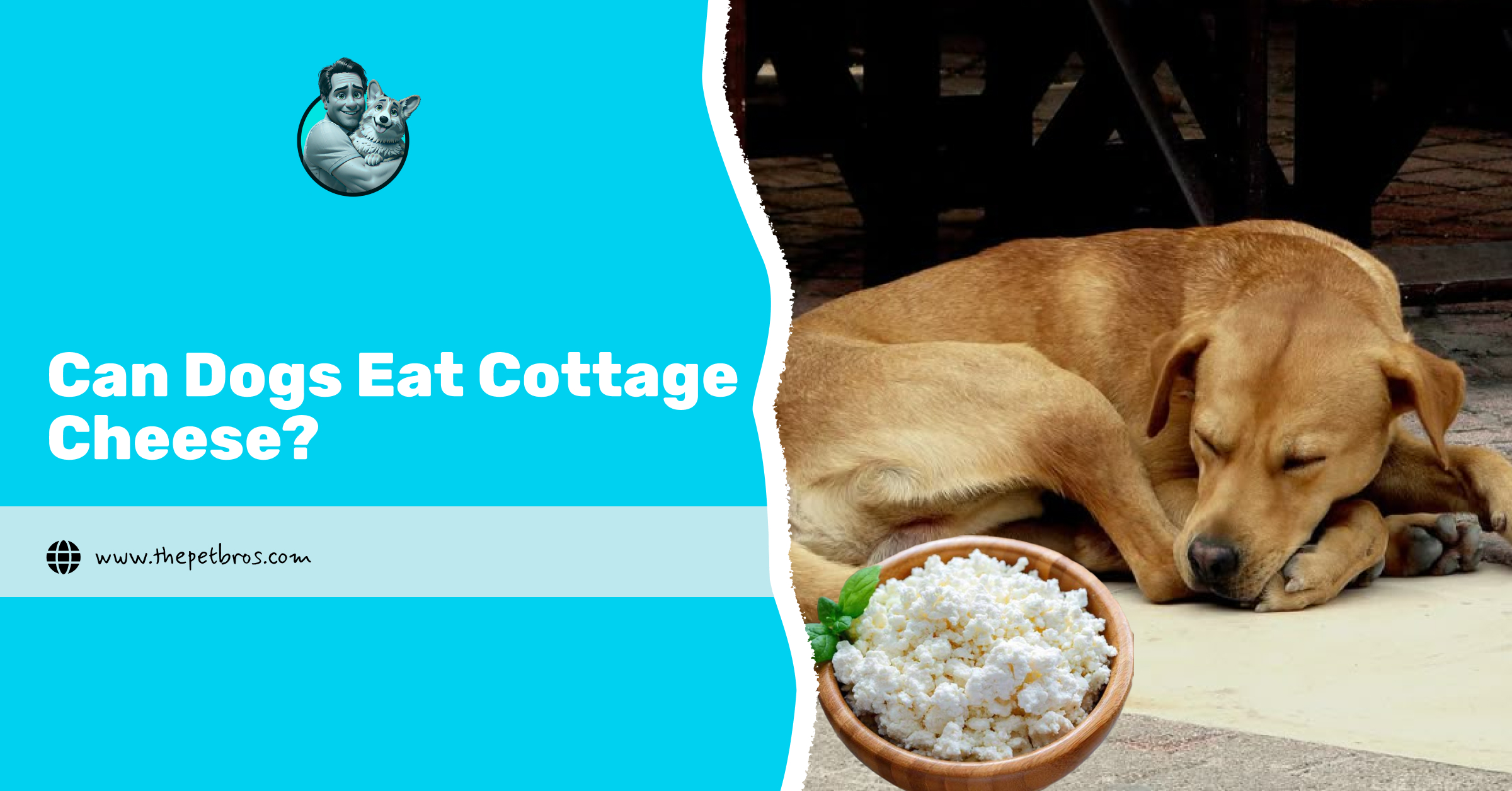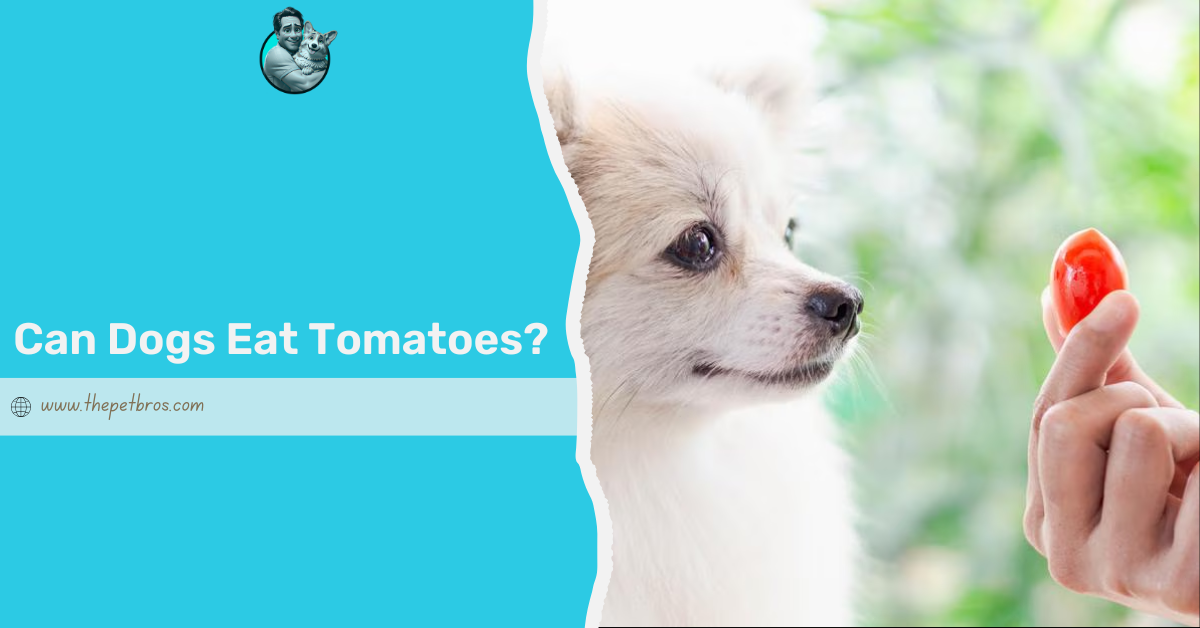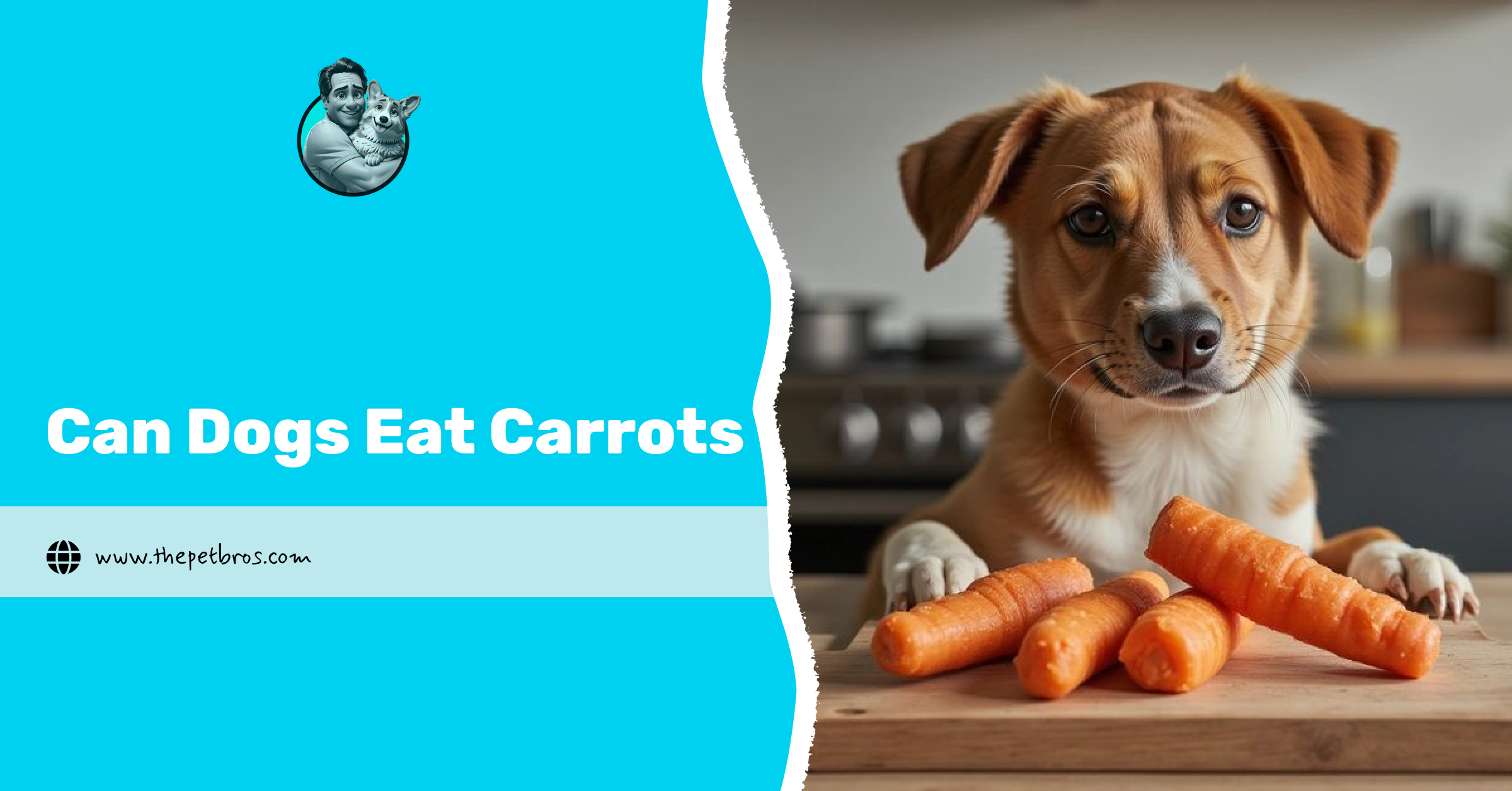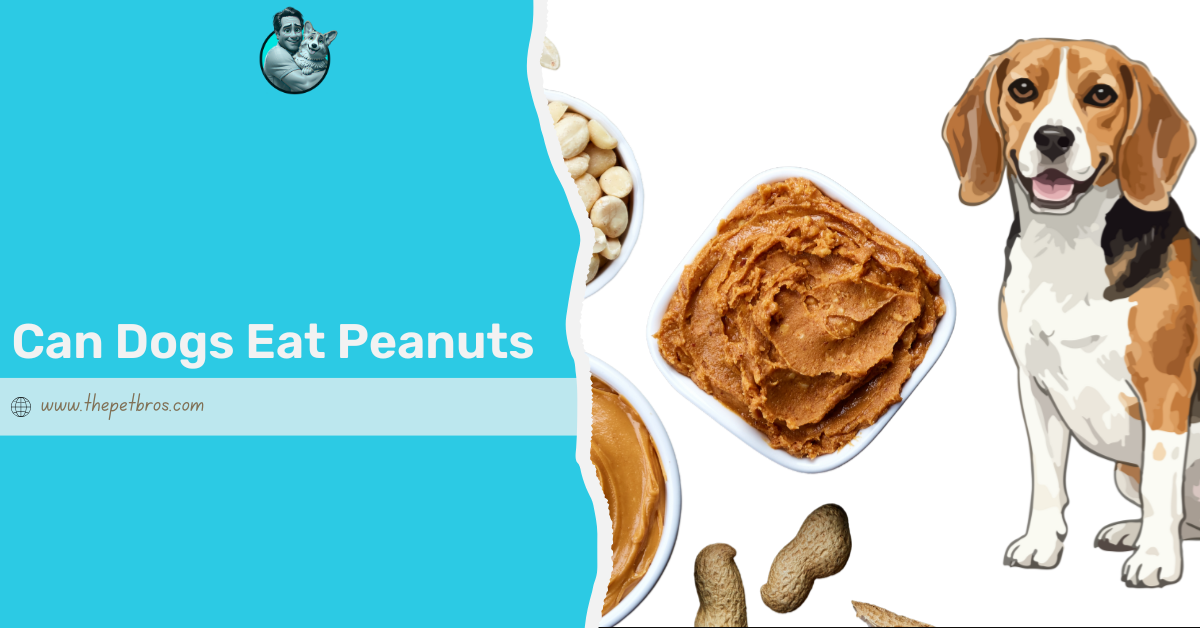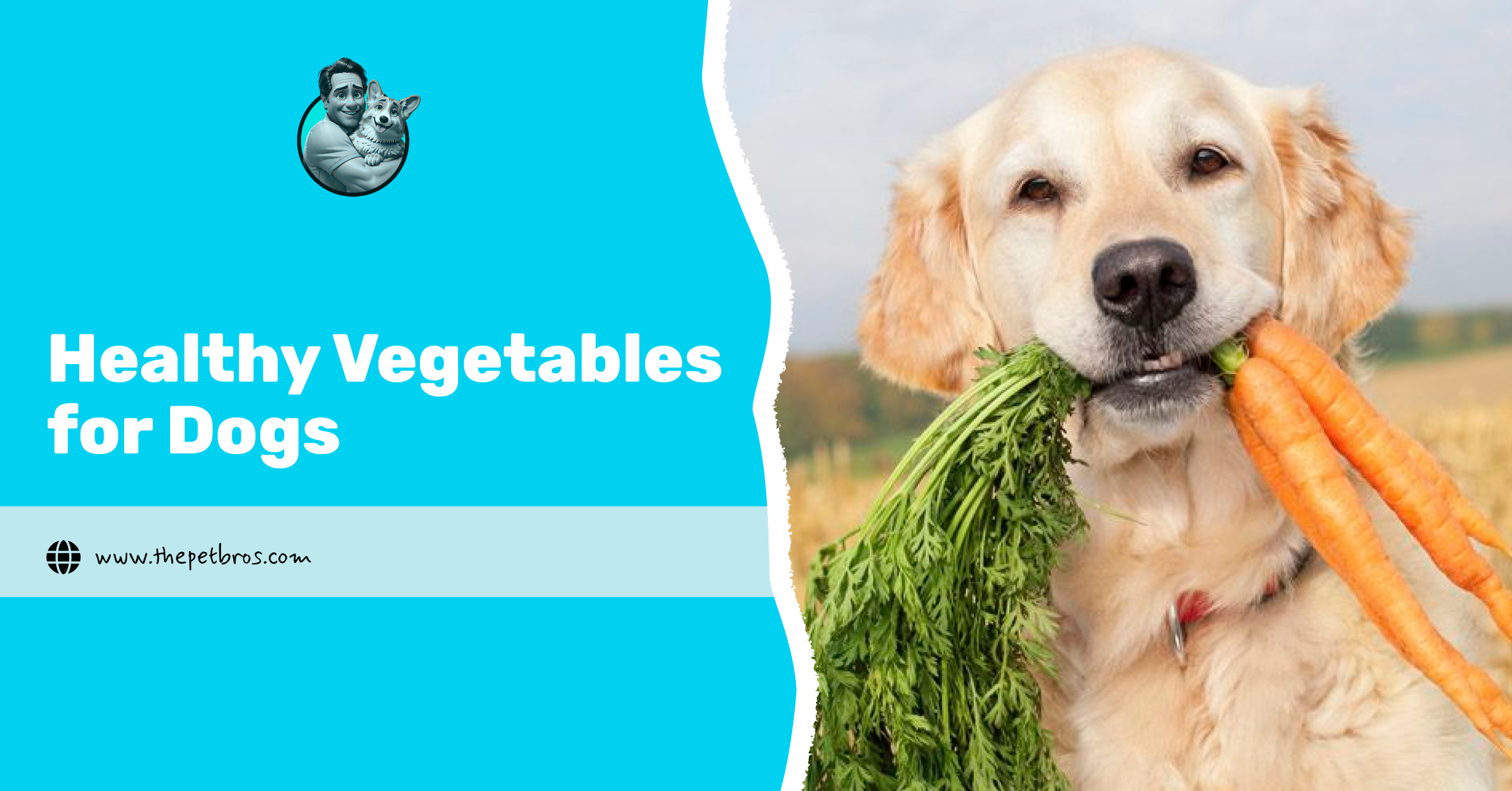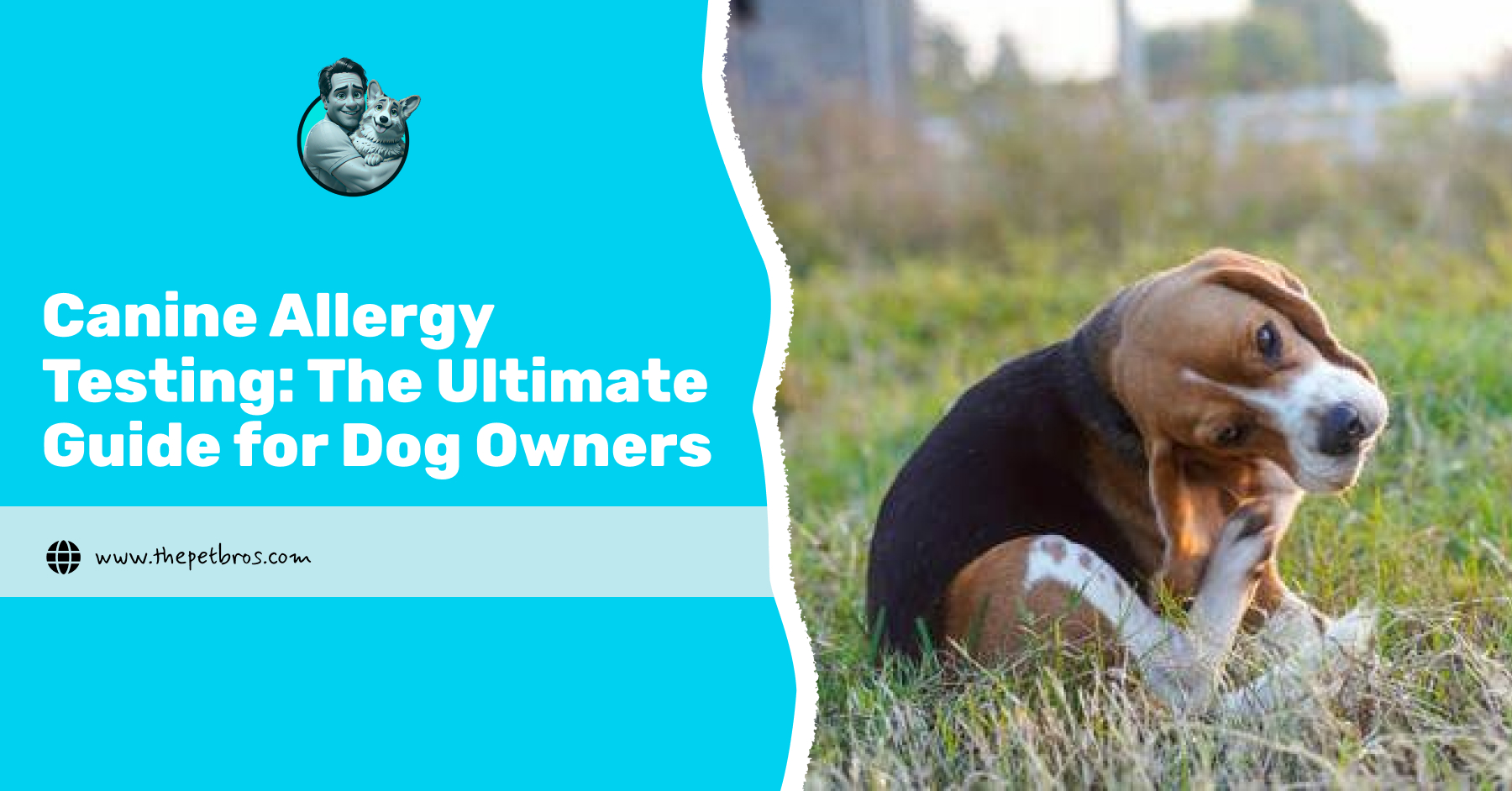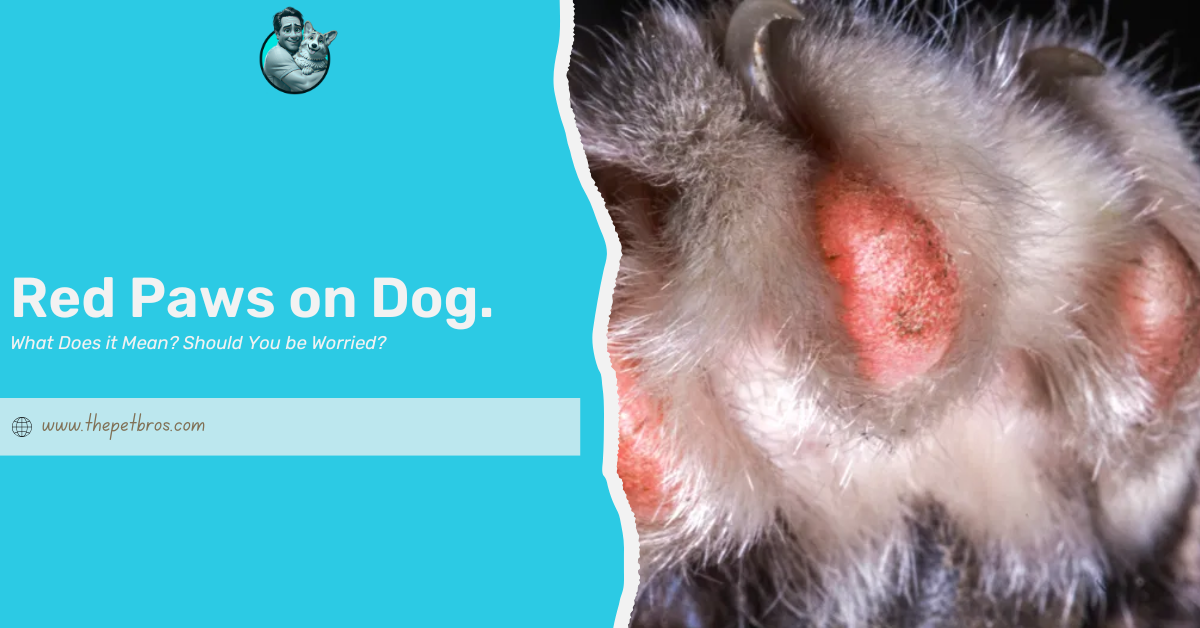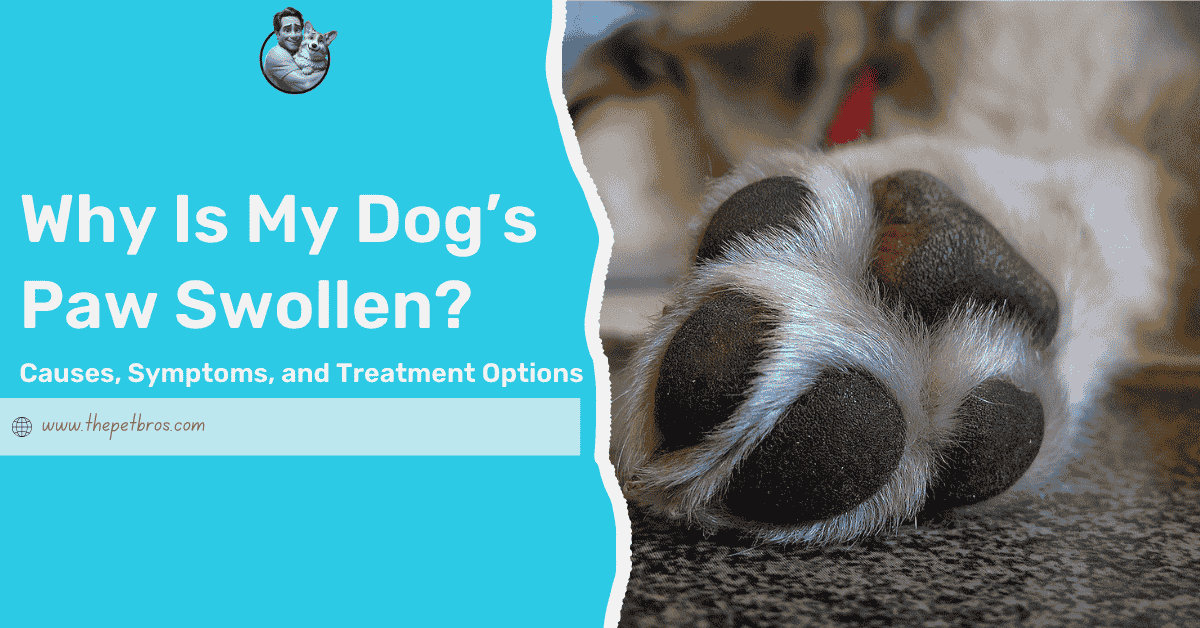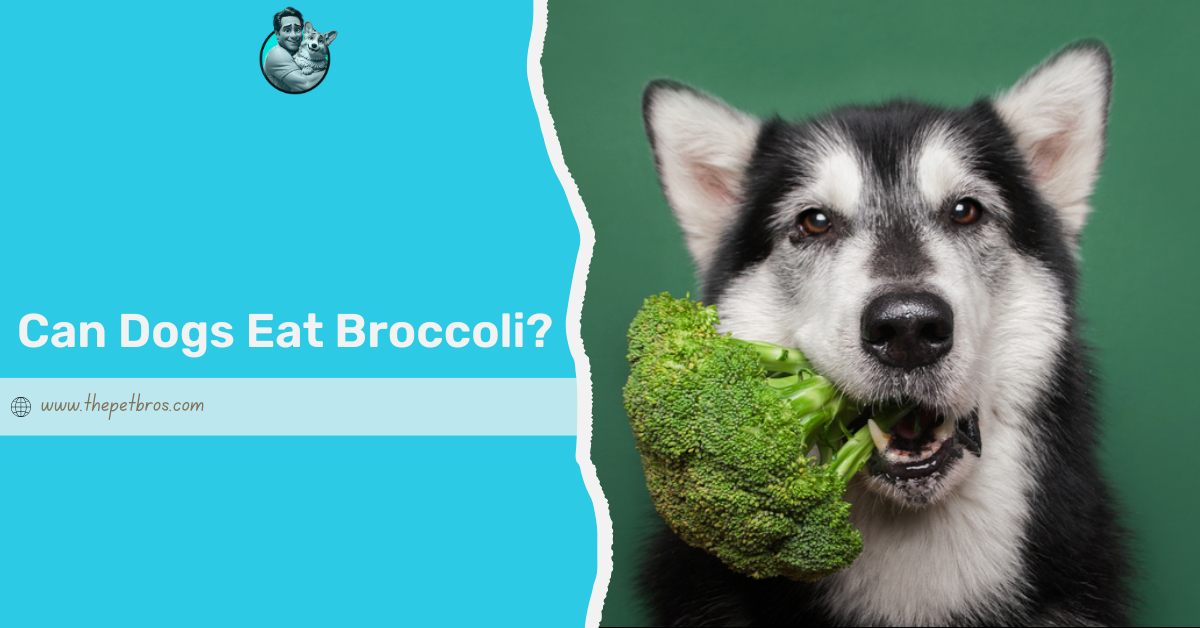Cheese is one of those foods dogs can sniff out from across the room. But when it comes to cottage cheese, the rules change a little. Can dogs eat cottage cheese without any issues? The short answer is yes, dogs can enjoy small amounts of cottage cheese as an occasional treat. It’s a good source of protein, calcium, and vitamins. But it also comes with some risks, especially for dogs that are lactose intolerant or prone to weight gain.
Choosing the right type and serving small amounts makes all the difference. Done right, cottage cheese can be a tasty topper or a refreshing treat that doesn’t derail your dog’s diet. But if done wrongly, you might be opening your dog to unimaginable danger. Let’s explore how to include cottage cheese in your dog’s diet safely and when to avoid it.
Can Dogs Eat Cottage Cheese? What Veterinarians Think
Dogs love cheese; there’s no denying that. And the good news is that it’s generally safe in small amounts. Veterinarians agree that cottage cheese can be a healthy snack for dogs because it’s high in protein, calcium, and vitamins like B12 and D. But here is the catch: It should be given in moderation. Cottage cheese still contains lactose, which can upset your dog’s stomach if they’re sensitive to dairy.
When feeding cheese to your dog, consider it an occasional treat, not a dietary staple. A spoonful mixed with their food or used as a topper can make mealtime extra exciting. But like the many other human foods dogs can eat, it’s all about portion and preparation. Choose plain, unsalted, low-fat cottage cheese and skip anything flavoured or sweetened.
Nutritional Benefits of Cottage Cheese for Dogs
Consider feeding your dog cottage cheese in moderation as a way to groom your dog from the inside out. It doesn’t just make their coat shine; it supports stronger muscles, bones, and overall well-being. Below are 4 reasons cottage cheese is a great occasional addition to your dog’s bowl:
- Protein Power: Cottage cheese is packed with high-quality protein that helps build and repair muscles. It’s especially beneficial for active dogs or those recovering from illness, as it provides their bodies with the strength to heal more quickly.
- Bone Support: With calcium and phosphorus in every spoonful, cottage cheese helps maintain strong bones and healthy teeth. It’s like a mini supplement that supports your dog’s posture and keeps those back legs sturdy for jumps.
- Immunity Boost: Vitamins like B12 and D work behind the scenes to strengthen your dog’s immune system. These nutrients help them stay energetic, ward off infections, and support healthy metabolism.
- Weight-Friendly Option: Low-fat cottage cheese is a lighter alternative to heavier dairy treats. It offers the taste that dogs love without the extra calories, making it ideal for pups on a controlled diet or those watching their waistline.
Possible Risks of Cottage Cheese for Dogs
While cottage cheese can be a healthy treat, it’s not for every pup. As mentioned earlier in this article, some dogs are lactose intolerant, which means even a small amount can lead to gas, bloating, or diarrhea. If your dog frequently reacts poorly to dairy, consider discussing an allergy test with your veterinarian. This can help rule out sensitivities before they develop into ongoing tummy issues or itchy skin flare-ups.
Consuming too much cottage cheese can also lead to unwanted weight gain due to its high fat content. And if your dog is prone to yeast infections, especially around the ears or paws, dairy products can sometimes exacerbate the symptoms. The sugar in lactose can feed yeast overgrowth, leading to that musty smell or constant scratching you might notice.
Types of Cottage Cheese That Are Best For Dogs
So, can dogs eat cottage cheese safely? Yes, as long as you pick the right kind. Not all cottage cheese is made equal, and some versions are packed with salt or added sugars that your dog definitely doesn’t need. Always check the label and stick to options that are simple and clean.
The best choice is low-fat or fat-free cottage cheese, which gives your pup the benefits without the extra calories. Unsalted varieties are ideal because excessive sodium can cause dehydration in your dog. If your furry friend has a sensitive stomach, lactose-free or organic cottage cheese is a gentler option that’s easier to digest and less likely to cause tummy upsets.
And remember, cottage cheese isn’t your only healthy topper. You can switch things up by trying healthy vegetables for dogs, like steamed carrots, broccoli, cucumber, green beans, sweet potatoes, and kale. They’re crunchy, nutritious, and keep your pup’s diet balanced without relying on dairy too often.
How Can You Feed Cottage Cheese to Your Dogs Safely?
Cottage cheese can be a fun and nutritious treat when served in small portions, plain, and low in fat. It’s safe for most dogs, but like all good things, moderation matters. So next time your pup gives you that “share a bite” stare, remember: a little spoonful can make their day, but too much will definitely make their tummy protest.
Frequently Asked Questions
Is yoghurt or cottage cheese better for dogs?
Both can be safe, but plain yoghurt may be easier to digest for lactose-sensitive dogs.
What is the one meat that you should never feed your dog?
Avoid feeding dogs raw or cooked bones from chicken, as well as meats seasoned with onion or garlic.
Can dogs eat scrambled eggs?
Yes, if cooked plain without butter, salt, or spices.
What can I mix with cottage cheese for my dog?
Healthy options include fruits like blueberries or proteins like chicken.
Can dogs eat raw eggs?
Not recommended, as raw eggs carry risks of Salmonella and reduce biotin absorption.






